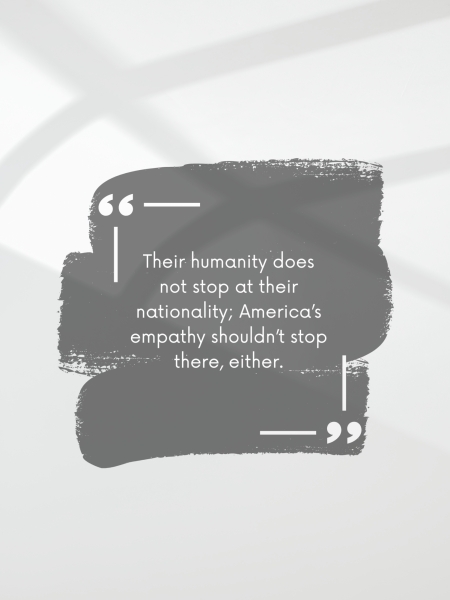Overlooked civil war in Yemen: Politics that lie within
Today, when many people think of Middle Eastern conflicts they think of Iraq, Syria, or Afghanistan. However, one conflict many are not aware of is the civil war currently being fought in Yemen.
On paper, it appears to be a war between rivaling factions of those who support the former president, Ali Abdullah Saleh, and those who support the internationally recognized government. But both sides are being supported by regional powers. It is the duty of the United States to intervene and provide aid and stability to the Yemeni civilians.
These regional powers are Iran and Saudi Arabia, both long-standing opponents in the region. Saudi Arabia, the United States, and the United Arab Emirates (UAE) support the internationally recognized government, while Iran backs the Houthi Rebels and Former President, Ali Abdullah Saleh. It is against this backdrop that organizations like Islamic State in Syria (ISIS) and Al Qaeda in the Arab Peninsula (AQAP) were able to take root and begin forcing their own agendas on the Yemeni civilians, regardless of who is in charge.
The conflict in Yemen is a foreshadowing of what is to come if the United States does not take action. According to a BBC article entitled Yemen crisis: Who is fighting whom?, it is believed among military and diplomatic circles that both Saudi Arabia and Iran are backing various groups throughout the middle east in an attempt to grow influence over each other.
According to the U.S. Institute of Peace website, if the Houthi Rebels were to win the conflict, then Iran would be placed in a strategic position to control vital shipping lanes in the Bab al-Mandeb Strait. Iranian influence in this region would endanger the lives of merchants and sailors of many countries, including the U.S. Furthermore, Iranian expansion could spell disaster for the local populace, who could see the rise of another brutal police state that would restrict the personal liberties of Yemenis.
Another effect of the lack of U.S. inaction is the rise of radical groups. According to the U.S. Institute of Peace website, ISIS and AQAP have already begun to establish themselves in the region, recruiting fighters into their ranks from the large pool of unemployed and poor Yemeni youth. According to that same site, these fighters are then sent to fight abroad at other flashpoints. Some fighters stay behind to defend at home against backed by the Saudis, UAE, and the U.S. Other extremists conduct terrorist attacks against targets in Europe and the U.S. The longer these groups exist, Yemen legitimizes them amongst the local population.
Some might argue that the US should not intervene in international affairs, that this will only complicate things and could potentially lead to another long, drawn-out conflict, akin to Iraq or Afghanistan. However, what critics don’t see is the alternative: a potentially hostile police state that holds a commanding position over a key trade route.
Furthermore, this state could support rebel groups that endanger the lives of U.S. allies. The risks of having another anti-American state in the Middle East would have disastrous consequences for the United States and its allies.
The United States and the international community need to intervene quickly in Yemen. According to the Amnesty International website, 18.8 million Yemenis are dependent on the international community for aid, such as food, water, and clothing. In addition to the aforementioned military threats, Yemen is also gripped by massive food shortages while 3 million of its residents are internally displaced, and the economy is devastated, showing no signs of improving until the conflict subsides. In total, the fighting has killed more than 4,600 civilians.
Two million children are out of school as a result of the conflict, which has great implications for Yemen’s ability to heal itself following the end of hostilities. It is the duty of the United States to see to it that Iran is prevented from increasing its influence, that violent extremist groups are disbanded, and that international aid and arbitration are provided to Yemen. This could help to heal the deep divides created in this conflict and to rebuild Yemeni lives. It is the duty of the American voter to elect representatives who are willing to act, not to stand idly by, in the war in Yemen.





